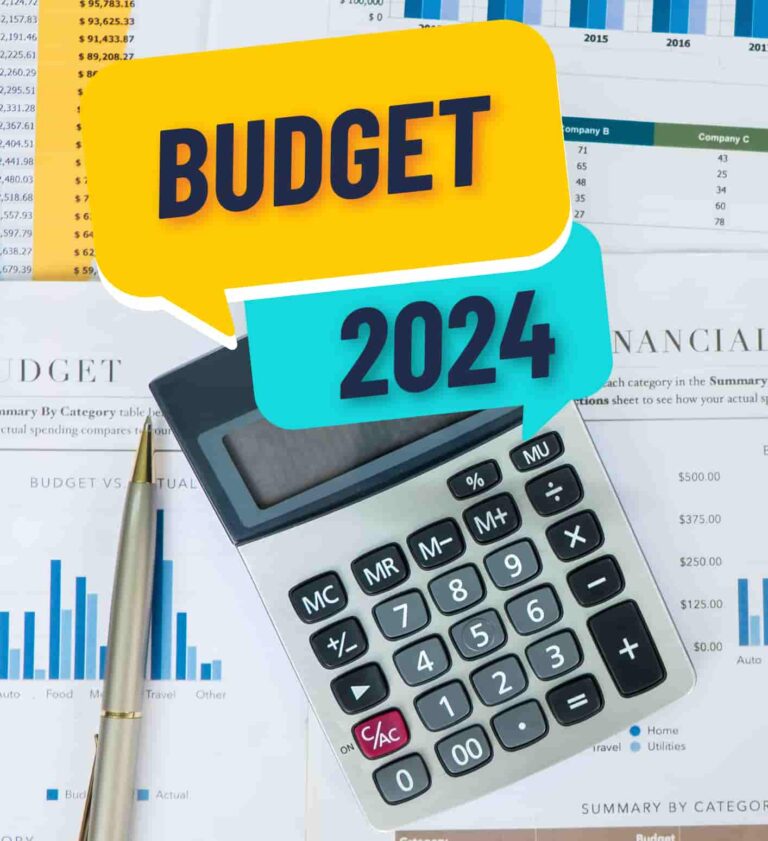Build your tax saving empire and avoid trouble in 2023 – As we begin the new year, it’s natural to make resolutions for ourselves. However, tax resolutions should not be overlooked or ignored.
The tax department is strict when it comes to deadlines and unforgiving when it comes to unpaid taxes. Therefore, it’s important to make and keep tax-related resolutions for your own peace of mind and financial security. Don’t let these promises to yourself fall by the wayside.
Build your tax saving empire and avoid trouble in 2023

-
Grab All Available Deductions
According to Indian taxpayer returns, it seems that many people are not taking full advantage of the deductions available to them under Section 80 of the tax code, as they are not aware all tax section. As a result, they are paying more tax on their income than necessary. Don’t let this happen to you – make sure to utilize all available deductions to keep more of your hard-earned money in your pocket.
If you plan proper planning of your investments can help you fully take advantage of tax-saving options, potentially reducing your taxable income by as much as Rs 5 lakh-6 lakh. Consider utilizing the following sections to maximize your benefits: Section 80C (with a maximum benefit of Rs 1.5 lakh), Section 80CCD(1b) (with a maximum benefit of Rs 50,000), Health benefit Section 80D (with a maximum benefit of Rs 75,000-1,00,000), and Section 24 (with a maximum benefit of Rs 2 lakh). After consulting your tax saver advisor or by carefully considering these options, you can save on your taxes and keep more of your money in your pocket.
-
Harvest Long-Term Gains By March 31
The stock market has recovered strongly following the COVID-19 pandemic, and if you have stocks or equity funds that have gained value over the course of the year, now may be a good time to sell and reap the benefits of long-term capital gains. Up to Rs 1 lakh of long-term capital gains from stocks and equity-oriented funds are tax-free in a single financial year, but you must sell these assets before March 31 to take advantage of this tax break.
After selling, you can simply buy the same stocks or equity funds again, resetting their cost basis for tax purposes at a higher level. To determine how much of your capital gains you should sell, you can request a capital gains statement from your mutual fund provider, CAMS, or Karvy. This strategy can also be applied to equity funds.
-
Pay your Tax Advance
It’s a common misunderstanding that if tax has been withheld at source (TDS), no further tax is owed on interest or dividends. However, this is not the case. TDS is only applied at a rate of 10%, while both interest and dividends are taxed at the normal rate applicable to you.
If you have invested in bonds, NSCs, or bank deposits, or have received dividends, make sure to pay the tax on these forms of income by the deadline to avoid any penalties. All of this information will be included in your annual information statement (AIS), so it’s important to stay on top of your tax liability. It’s also worth noting that unpaid tax carries a penalty of 1% per month of delay.
-
Check AIS When Filing Returns
Your annual information statement (AIS) includes a record of all of your financial transactions from the past financial year. It includes details of your income (such as salary, rental income, and capital gains), expenses (like foreign exchange purchases and gold purchases over certain thresholds), and investments (like mutual funds, stocks, and bonds). It also includes information about tax paid on your behalf by your employer and tax withheld at source (TDS) by others. Be sure to review your AIS carefully and verify that the details of your financial transactions are accurate.
-
Remember to Verify TDS Details In Form 26AS
Form 26AS is your tax credit statement and contains information about tax withheld at source (TDS) on your behalf and tax collected at source (TCS) paid by you. You can access your Form 26AS through the income tax department portal or your online banking account. It’s important to regularly review your Form 26AS to ensure that all TDS and TCS deductions are accurately reflected. If you notice any discrepancies, be sure to contact the deductor right away to resolve the issue. By keeping track of your Form 26AS throughout the year, you can avoid any last-minute stress when it comes time to file your taxes.
-
Don’t Ignore Foreign Assets, Earnings
If you have foreign assets, your tax compliance can become more complex. It’s important to report all foreign bank accounts, financial interests, real estate, accounts in which you have signing authority, and any other capital assets you hold outside of India in your tax return, regardless of your total income.
Some taxpayers may be tempted to omit this information, but it’s not advisable. Failing to disclose foreign assets can result in serious charges under the Black Money (Undisclosed Foreign Income And Assets) and Imposition of Tax Act, 2015. Even if a return from a previous year has already been processed, it’s possible for cases to be reopened up to 16 years later, resulting in penalties being imposed.
Source: MSN
Also Read: Rules And Regulations Set by the RBI for Exchanging Damaged or Torn Notes?





